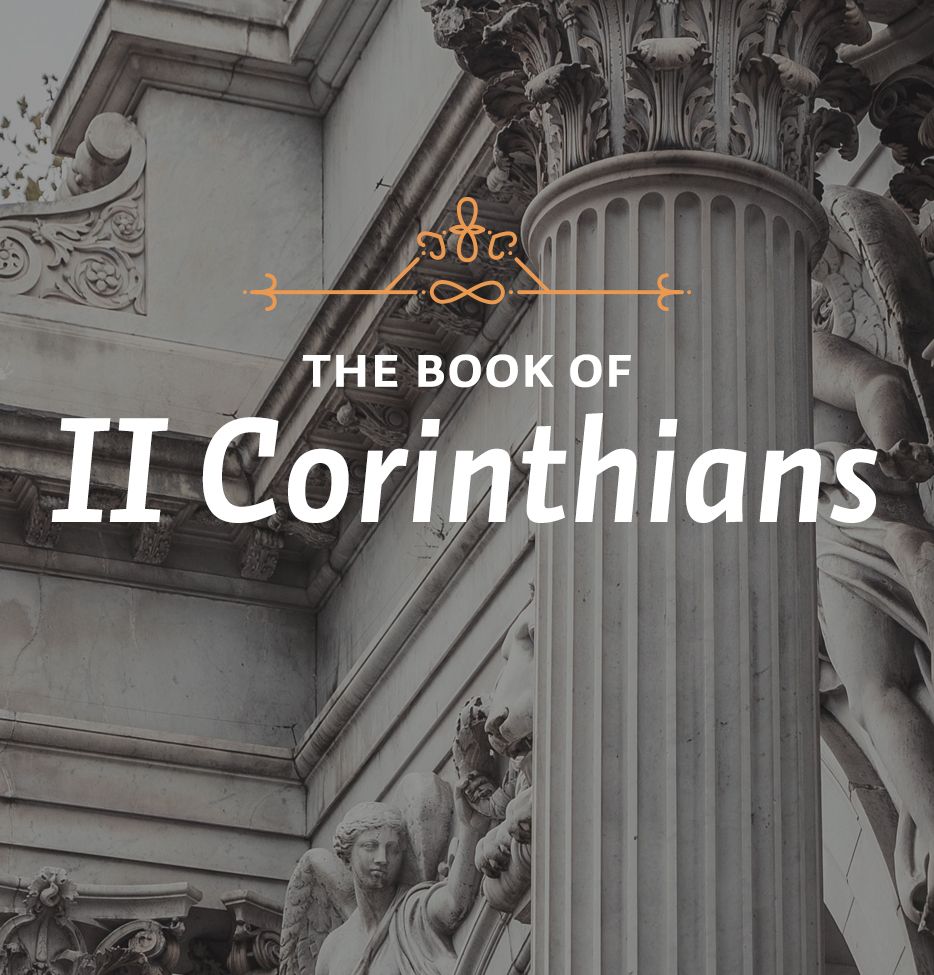Crown of Thorns2 Corinthians 11:16-33Theme: Boasting in weakness.This week’s lessons teach us that our weakness reveals God’s strength. LessonThe Lord, when he first called Paul and gave him instructions in Damascus shortly after his conversion, had said, “I will show him how much he must suffer for my name” (Acts 9:16). In 2 Cor. 11:28, Paul adds, “Besides everything else, I face daily the pressure of my concern for all the churches.” In addition to the physical pressures, he endured what we would call mental pressures or psychological pressures as well.
The Corinthian believers were part of what was causing him mental anguish, so perhaps Paul’s personal defense got through to them because of that. Here was a church being misled by false teachers that had no credentials whatsoever. It was becoming enslaved to a false gospel and turning its back on Paul, who had loved them and had labored among them, not even taking money from their hands in order that he might preach the Gospel.
Then Paul went on to write something that seems a postscript to his list. When he mentions his deliverance from Damascus, when he was let down over the wall in a basket, he reminds the Corinthians that the way the Lord delivered him is also God’s seal on his apostleship. He mentions just this one deliverance at the end. It is hard to read that without thinking back over all of the other things that he has mentioned. He was beaten with rods, but he was delivered. He did not die. He was beaten with lashes, but he was delivered from the lashes. He did not die. He was stoned, but he did not die. He was shipwrecked, but he did not die. God preserved him in all of those things because God had said to him that he was to be the apostle to the Gentiles and it was necessary in that role that he take the Gospel throughout the Gentile world.
These things that Paul mentions, although they were an embarrassment to him to mention, were actually his crown. But before I explore that more fully, notice the kind of things that the Apostle Paul does not mention. Can you think of the list that way? Let me illustrate what I want to say as follows:
I traveled to Boston for my reunion at Harvard University and attended the Harvard commencement ceremonies. They always give honorary degrees at the commencement ceremonies, and did so on this occasion. They gave ten of them. Among the people whom they gave this honor were CBS President Emeritus Frank Stanton; former bishop of Stockholm Kristor Stendahl,; pharmacologist Sir James Black of England; psychologist B. F. Skinner; and then chairman of the Federal Reserve Board, Paul Volker. As I was thinking about the list that the Apostle Paul provides, I thought by contrast of this list of distinguished men and one woman that the University of Harvard provided for us on this occasion. I thought of the way Harvard boasts about those to whom it gives honorary degrees.
Frank Stanton received his for broadcast journalism. He stoutly advocates freedom and responsibility. He sees this as the highest potential of democracy. Christor Stendall, an inspired preacher and interpreter of the Christian Word, has brought a lively wit and a strong social conscience to communities of faith throughout the world. Sir James Black’s discoveries in drug therapy have revolutionized the practice of modern medicine and improved the lives of millions. B. F. Skinner was a loyal colleague, a warm and stimulating teacher, and a dauntless experimentalist who applied a keen, scientific mind to the mysteries of human behavior. Paul Volker is a distinguished public servant, a steadfast defender of our currency, and an exemplar of reason applied to the ever-challenging goal of economic stability, and so on.
Well, I am sure these men thoroughly deserved their degrees. But if Harvard were awarding a degree to the Apostle Paul, which I doubt they would do, even after these many years, how would it happen? How would you go about it if you were going to write up the Apostle Paul’s biography and tell the things for which he should be praised? Distinguished Jewish rabbi? Educated under Gamaliel (the Harvard of his day)? Pioneer missionary? Breaker of new turf? Founder of the Christian churches in Asia? A man who blazed a pathway to the West, eventually planting the Gospel in Rome and regions beyond, who, at last, by the grace of God, received a martyr’s welcome into heaven? That is how I would write it.
Study QuestionsWhy did the problems in the church at Corinth cause Paul anguish?What was indicated when God preserved Paul’s life?
ApplicationWrite a one-paragraph biography about yourself. What does it reveal about your own priorities?






